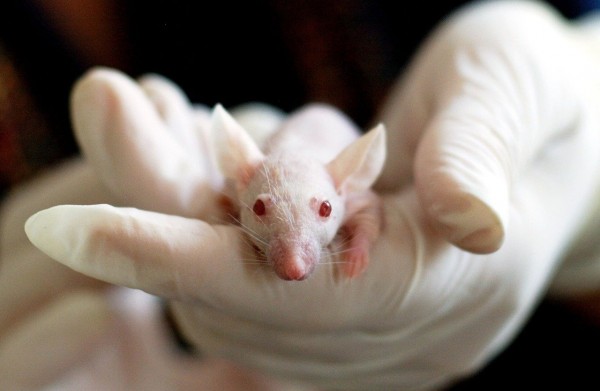Could Fecal Transplant Be the Key To Reverse Cognitive Decline?
New research conducted from the University of East Anglia, the University of Florence and the Quadram Institute, have found recognition of the "gut-brain axis", wherein fecal transplants could be the answer to reverse cognitive decline in elderly patients.
Fecal transplant is the transfer of stool from the gastrointestinal tract of a donor into another person. Recently, the existence of the gut-brain axis shows there is two-way communication between the gut and the brain, and that this serves as an important player in shaping the aspects of behavior and cognitive function.
The fecal transplant technique has been recognized as a way to treat certain gastrointestinal infections, by introducing foreign feces to repopulate essential gut microbes.
Researchers wanted to see if transferring gut microbes from older to younger mice could cause an effect on the parts of the central nervous system that are associated with aging. And based on the findings, it shows that this process can actually stimulate certain brain activity that affects both learning and memory.
The team of researchers found that fecal transplants from older to younger mice resulted in changes in their gut microbiome, these changes, in turn, impacted both their spatial learning and memory. Based on this process, the team is hopeful that if they can reverse this process, fecal transplant could be used as a means to reverse cognitive decline among the elderly population.
SEE MORE: Machine Learning To Provide a Gold Standard in PTSD Diagnosis
Changes Observed in Younger Mice

The younger mice who received the fecal transplant were observed for markers such as anxiety, exploratory behavior and memory. Although there were no significant changes in terms of anxiety and explorative behavior or locomotor activity, these young mice exhibit impaired spatial learning and memory when measured in a maze test.
Dr David Vauzour, from UEA's Norwich Medical School, said that aging starts immediately after birth and is inevitable. Eventually, aging would lead to the development of physical health problems and a decline in psychological and cognitive functioning.
According to Dr Vauzour, the research indicates an age-associated shift in the composition of gut microbiota. There was an impact in the hippocampus, the part of the brain responsible for key functions like memory, learning, spatial navigation and emotional behavior and mood. In terms of the cognitive function, the younger mice began to behave like older mice.
Application in a Real-Life Setting
Claudio Nicoletti, a professor from the University of Florence, Italy, said that it still too early to say if fecal transplant from very young donors can actually restore cognitive function among older recipients, however, the findings of this study demonstrate that through age-related shifts in the gut microbiome, some components of the central nervous system can be altered.
The highlight of this research is for devising therapies that can restore the young-like microbiota in order to improve cognitive functions and quality of life in the elderly so that they can age healthily.
This research was funded by the Fondazione Cassa di Risparmio, the University of Florence and the Medical Research Council, and published in the journal Microbiome.
FURTHER READING: Multiple Salmonella Outbreaks Linked to Pet Hedgehogs and Bearded Dragons
Check out more news and information on Aging on MD News Daily.
Oct 05, 2020 07:40 AM EDT





